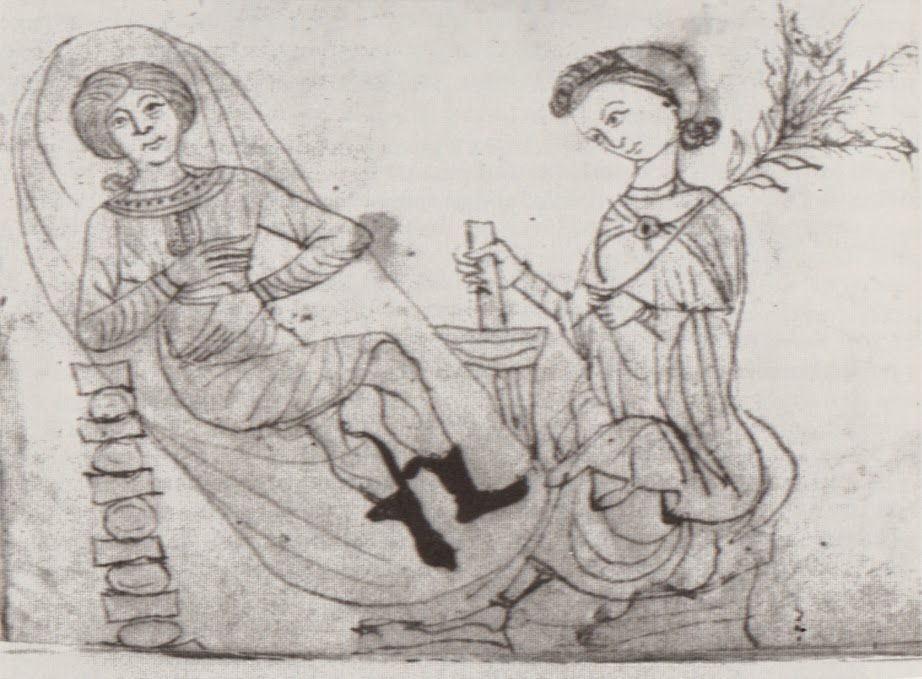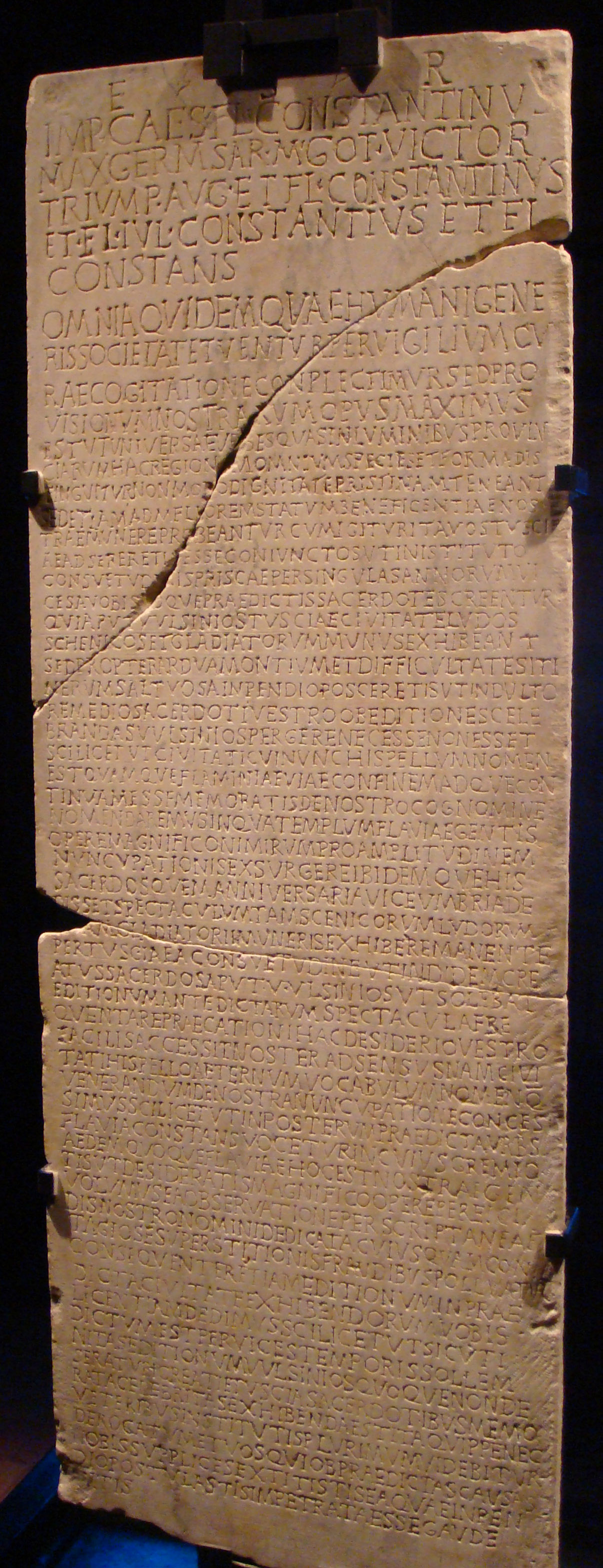The fifth and final meeting of the Ancient Law reading group in the Autumn term will take place on Wednesday 10th December at 5pm in Samuel Alexander S2.2. William Simms will be leading a discussion on Kafka's ‘Before the Law’ from his novel The Trial. Will has kindly provided the following introductory comments:
"Franz Kafka (1883-1924) was a Czech, Jewish, Modernist author whose work has had a profound impact on literary studies and philosophy. His novel The Trial has become one of the central texts around which debates on the relationship between law and literature have formed. Our interest is in a short parable lifted from the novel entitled ‘Before the Law’. The parable has particular relevance for us as readers of the law, as it reveals the absolute importance of the Law, its function as a guarantor of meaning within a given culture, but also brings that function under suspicion. What is the relationship between the law and literature, truth and fiction? What does it mean to be 'before the law' spatially and temporally? I would like to discuss all these issues with you and am really looking forward to what you can bring to this discussion. Kafka being Jewish also asks that we consider the parable in its religious context, a subject that I myself know little about but I'm hoping a few of you can elucidate!
No prior reading is required, the parable isn't long and I’ll provide you all with copies. But if you can't wait, please find Orson Welles's version below.
I’ll be guiding the seminar along to some degree, giving context where I can and perhaps introducing certain interpretations by my favourite theorists, but for the most part I'm interested in seeing where we take this as a group."



